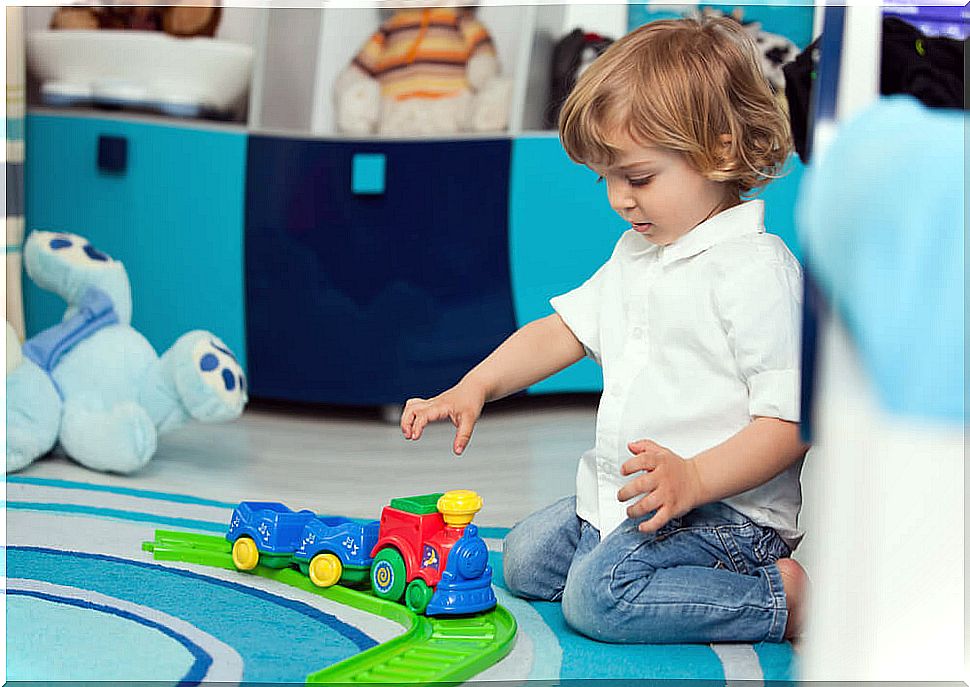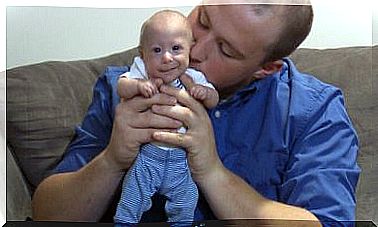The Terrible Two Years

The two years are a stage of great physiological and psychological changes in children, almost like a small puberty. They begin to demand autonomy and to express their character in ways that can sometimes despair adults.
This stage can begin around 18 months and extend up to four years. It is a normal phase that must be passed through although, depending on the child and family circumstances, it can be experienced in a more or less intense way.
What are the terrible two years?
Any parent with children who have already passed this age can attest to the radical change that the way of being of children undergoes at the age of two. Some of the most frequent behaviors are:
- The child becomes capricious and wants to impose his wishes at all costs.
- He becomes self-centered and possessive, does not want to share.
- The “no” has been installed in his vocabulary and he is stubborn and stubborn. He does not accept orders or help from any adult.
- Gets angry easily, for little things. Cries, screams, and throws tantrums frequently.
- In their eagerness to impose their decisions, some children may begin to reject foods or activities that they previously accepted without problem.
- Despite parental attempts, when a tantrum occurs, the child does not listen or reason.

Understanding the little ones
At this point of confusion and exhaustion, many parents wonder who has changed their little angel for a hysterical and uncontrolled little human being. What could have happened?
At this age the cognitive and motor development of the child has evolved considerably. The little one is already able to move and move on his own, just as he can reason and choose. You begin to know what you want and want to achieve.
Until this moment, his being was so fused with his main attachment figure that the child hardly recognized the difference. Now he begins to perceive himself as an individual separated from his mother, with his own identity, personality and capabilities.
Then, the need for self-determination is unleashed, to enjoy and use that differentiation with his mother. The child is exploring his tastes, ideas, and character. You want to choose and do things alone, without adult help or intervention, and you greatly dislike that independence is not respected.
The child now sees his wishes but not his limitations. You know what you want even though you don’t really know how to achieve it. You begin to become more self-aware and experience more complex emotions, such as pride or shame.
However, he still does not have the ability to manage or clearly express his emotions and, in the face of a parental refusal, he can only react with tantrums. At that point, you are not fully capable of understanding why you cannot get what you want and why you are being limited.

It is a complicated stage for both parents and children who, in many cases, may not even know what is happening to them or why they feel so upset.
Keys to overcoming the terrible two years
Despite being a normal and temporary stage, it can be really exasperating for parents. Frustration and helplessness can become part of your day-to-day life, and at times you will feel so under-resourced that you will want to throw in the towel.
It is essential to remember that, even if we do everything right, we will not see immediate results in our children. Tantrums are going to happen and, even so, the path of patience, love and respect will always be the right one.
- Do not react violently, do not yell or hit your child. Stay calm and speak warmly to her. Patiently accompany his tantrum and, once it is over, calmly explain your reasons.
- Give in with measure. Avoid as much as possible giving a resounding “no” for an answer; It is preferable to offer several options for you to choose from. If the child’s wish is acceptable, give in. If it is not acceptable, be firm and join him in his frustration.
- Try to maintain some routines and give the child advance notice of what is going to happen. This will provide you with security.
- Don’t judge and criticize him harshly for his tantrums. He is not doing it meanly, he is learning to live and, at this age, some cruel comments can severely damage self-esteem.










